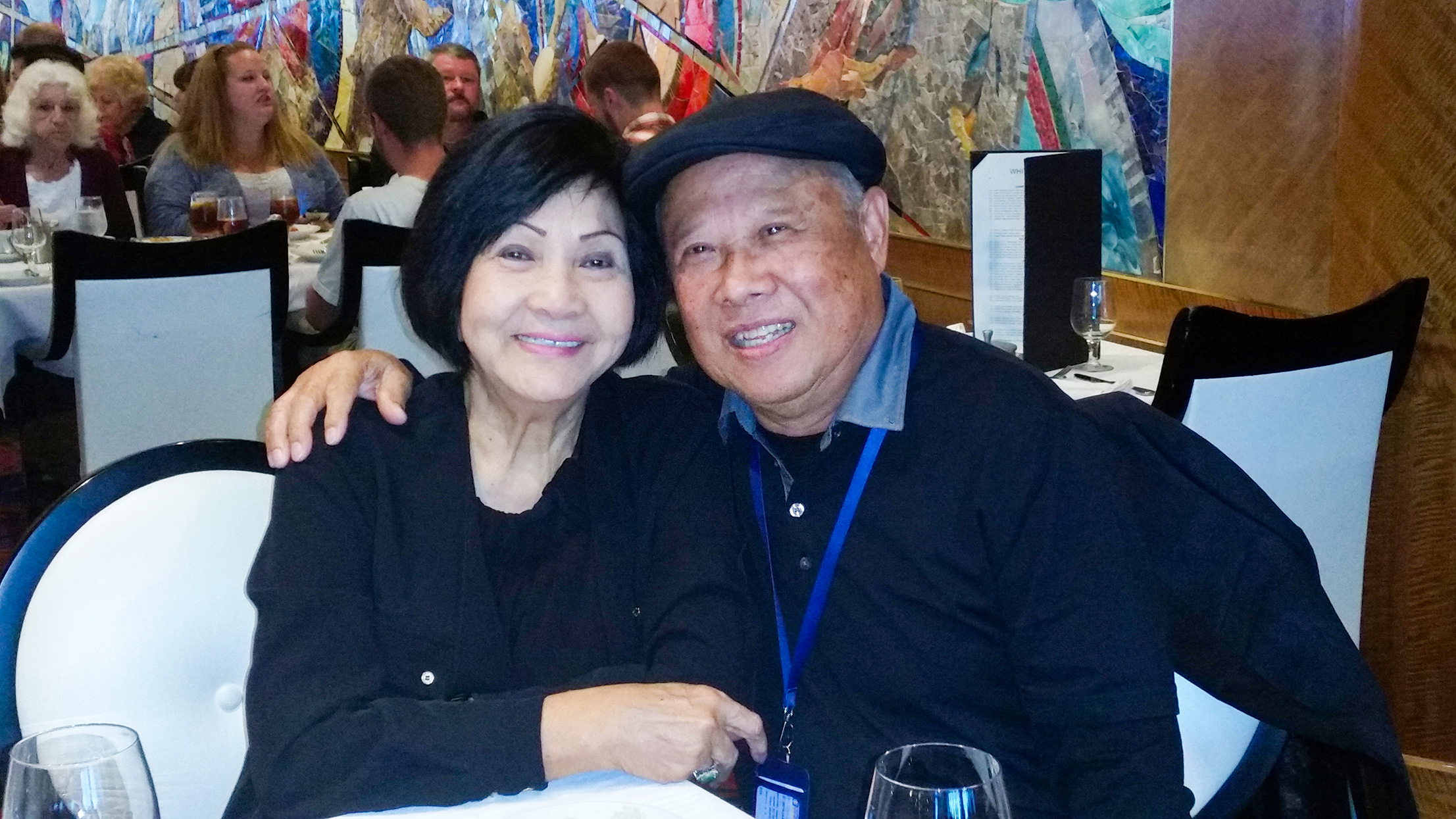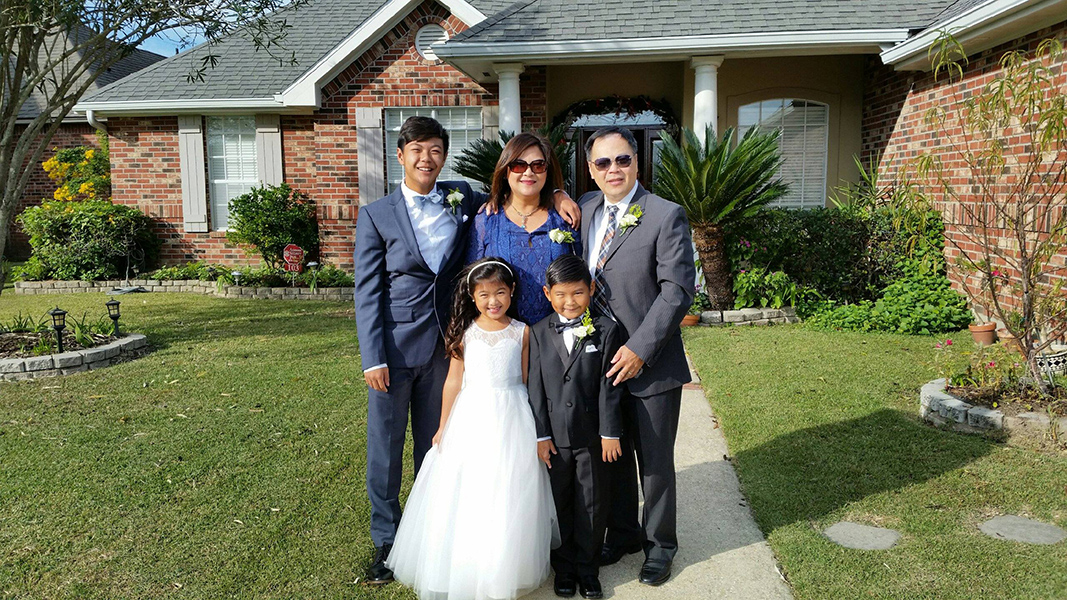
From Saigon to south Louisiana: A former refugee searches for history
April 29, 1975, Saigon. The Viet Cong army has surrounded the capital of U.S.-supported South Vietnam and blocked all major passages out of the country. In the waters over the South China Sea, American Navy officers aboard the command ship USS Blue Ridge spot a helicopter flying low to the water, headed their way. Not one of theirs. As the air vessel nears, the officers see that its doors have gone missing, its gaping sides instead framing the frightened faces of two families of refugees from the coast, most of them children. Among these are 5-year-old Lisa Le, her mother, and two brothers. Lisa’s father, Binh Le, a lieutenant colonel in the South Vietnamese air force, sits ahead of her in the co-pilot seat, looking for a place to land.
“The Viet Cong had bombed the Tan Son Nhat Air Base, which we left from, just the day before,” says Lisa, now a pediatrician at St. Elizabeth Hospital in Gonzales. “I remember this vividly—my dad had to shoot open the lock on the gate to get inside. We made our way to where the copters were stored, but the only ones left were in need of repair, like the one with no doors. So we had no choice but to climb inside with nothing but the clothes on our back.”

Binh and his pilot, a colonel with his own wife and children also crammed into the helicopter, managed to land the vessel on the deck of the USS Blue Ridge, which they had spotted by following a U.S. Marine helicopter. Their wives and children spilled out into safety. But the ship could not spare the loss of space; the helicopter had to be “water-ditched,” said the officers—sunk into the sea. After Binh and the colonel joined their families on the boat, the helicopter lost its balance in the water and the propellers motored it toward the Blue Ridge, striking its side with a huge boom. Unaware of the copter’s change of course, and afraid they had come under attack, an American on board shouted at everyone to get down, and Le and her brothers began to cry. Someone snapped a photo.
The black-and-white image, published in history books and featured by outlets like Time and U.S. News & World Report, may already be familiar to some readers, whether through those publications or Lisa’s own Facebook page, where she has begun yet another journey. This time, she hopes to find out the identity of the American veteran captured in the shot, and thank him for his role in her family’s escape to freedom.
“We initially discovered the photo in a big Vietnam history book,” says Lisa. “We’ve seen it on the news sometimes, especially on the Asian channels on the anniversary of the fall of Saigon. Then someone suggested that I post the photo to Facebook to see if anyone could help figure out the soldier’s identity, to help me thank the veterans who were there on the USS Blue Ridge that day.”
Since publicizing the story online in October 2016, Lisa’s post has helped her make contacts though the USS Blue Ridge’s own Facebook page and has attracted exciting tips from other veterans, but finding out the mysterious man’s identity—assuming he is still alive—has yet to be accomplished.

“It’s difficult to say if he was even active military, so late in the war,” says Lisa. “He doesn’t seem to be wearing much gear, so some friends have suggested that he may have been military police or something similar, but I don’t have enough knowledge to know for sure.”
One thing is certain, though. Without her father’s bravery and expertise, Lisa and her mother and brothers would never have found passage to the Philippines, Guam, Wake Island, Florida or their eventual home in Louisiana.
“I thought we would die the day the North Vietnamese bombed the air force,” says Binh, who, after landing in the United States, earned a new pilot’s license and continued to fly helicopters in Lafayette for about 30 more years. “If Saigon fell, we would be stuck there. For me, the choices were to get out right away or risk being rounded up and killed.”
Binh had faced death in the past. Only a handful of years before, he survived a deadly helicopter crash that killed the rest of his comrades onboard. Stranded alone at sea in the night, Binh spotted a familiar mountain in the distance and swam toward it until he reached the shore and found help.
“My family has been through a lot,” says Lisa. “But my dad kept flying, my mom opened up an alterations shop, my older brother owned a sushi restaurant, and my younger one works in D.C. with a law degree. Thanks to my parents, we live the American dream.”











